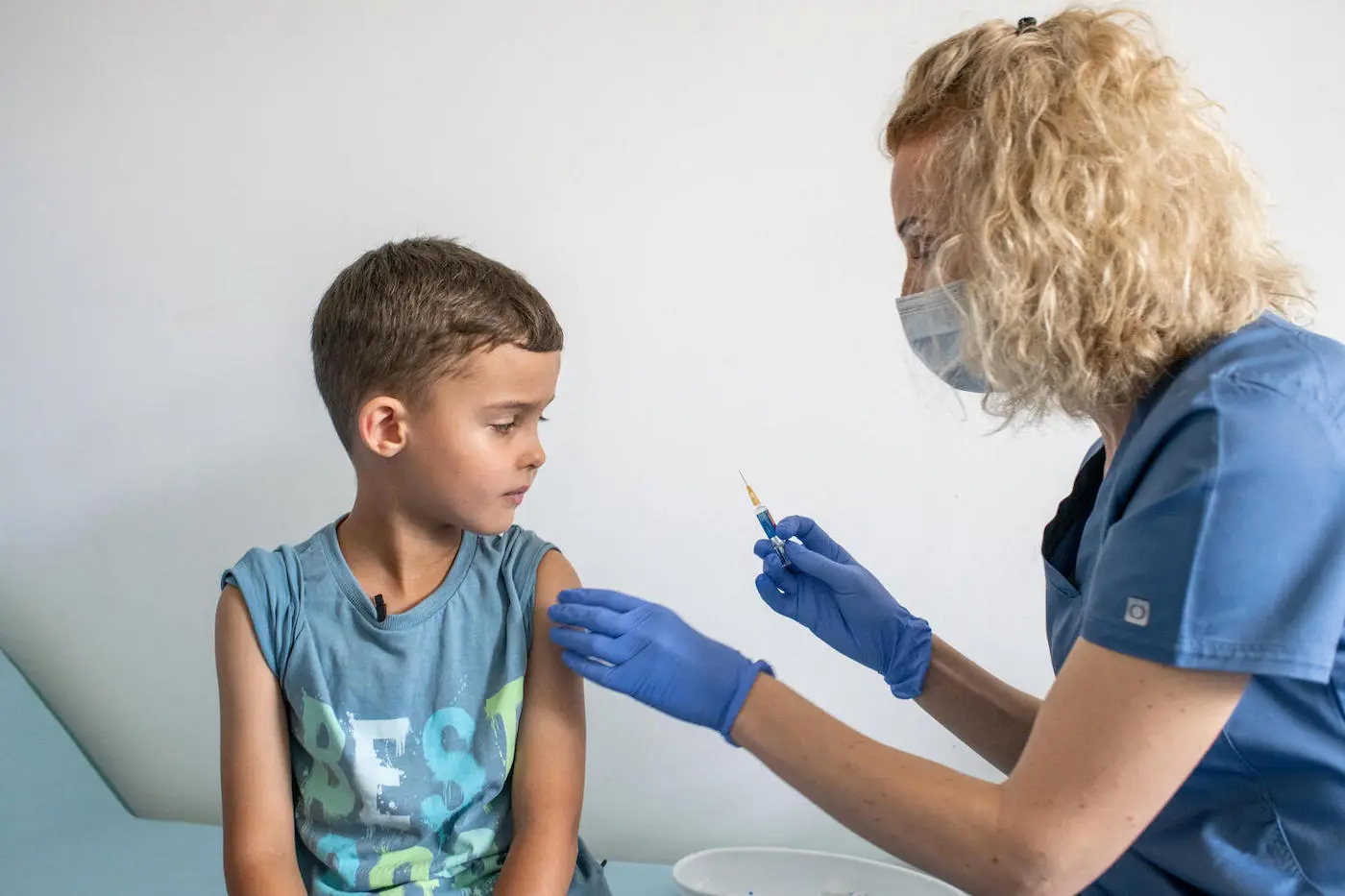More Parents Opting Out of Vaccinating Their Children, Nationwide Study Shows

A growing number of parents across the United States are choosing not to vaccinate their children, according to a new analysis of national health data conducted in collaboration with Stanford University researchers. The study found that vaccination rates are declining in nearly 80% of U.S. counties and jurisdictions, raising concern among public health officials.
This troubling trend coincides with recent shifts in federal guidance on the COVID-19 vaccine. The federal government’s decision to scale back its recommendations has created confusion among the public, particularly regarding who is eligible for the vaccine and whether insurance providers will cover the cost. Meanwhile, in Florida, officials have announced plans to eliminate certain child vaccine mandates in the near future.
Dr. Lisa Santora, Marin County’s chief public health officer, emphasized the serious consequences of declining immunization rates. “Lives are at stake,” she warned. “Vaccines remain one of the most powerful tools we have in public health. They are critical to preventing hospitalizations and saving lives.”
Marin County, located in Northern California, has long grappled with strong anti-vaccine sentiment. Much of the resistance is rooted in a discredited and retracted study from the late 1990s, which falsely claimed a link between the measles, mumps, and rubella (MMR) vaccine and autism. That misinformation continues to have lingering effects.
Carl and Jodi Krawitt, parents of a child named Rhett, know firsthand the risks of undervaccination. Rhett, who was medically vulnerable due to leukemia, experienced severe complications and was once placed on life support during treatment. “There were nights I was lying next to his hospital bed, begging him not to die,” said Carl. His wife Jodi recalled living in constant fear, adding, “It made us realize how fragile life is—and how there are no guarantees.”
Santora described the false autism-vaccine link as “one of the original sins of vaccine misinformation.” She noted that public health officials have spent nearly 30 years trying to undo the damage by educating the public about the scientific facts and safety of vaccines.
Marin County has seen a dramatic turnaround in recent years. Fifteen years ago, the county had one of the lowest childhood vaccination rates in the country—just 83%. Today, that number has climbed to 97%, putting it among the highest in the nation and on par with the broader San Francisco Bay Area. However, not all nearby counties have seen the same progress. Sonoma and Alameda counties still fall short of the World Health Organization’s recommended 95% threshold needed to maintain herd immunity and prevent large-scale disease outbreaks.
“When children who aren’t vaccinated attend school, they’re at a much higher risk of contracting diseases like measles,” Dr. Santora explained. “Vaccination not only saves lives but also prevents long-term disability.”
The Krawitt family became vocal advocates for vaccine policy reform. Motivated by their son’s condition, they launched a public campaign to raise awareness and increase immunization rates. In 2015, Rhett—then just seven years old—testified before California lawmakers in support of Senate Bill 277, a bill aimed at ending personal and religious exemptions for school-required vaccines.
“Vaccines save lives,” Rhett told legislators at the State Capitol, sharing his personal story to highlight the broader importance of community protection.
Dr. Santora credited Rhett’s courage and the Krawitt family’s advocacy with helping to shift public opinion. “By sharing their story, they helped people understand why vaccines matter—not just for individual protection, but to safeguard the most vulnerable among us, like kids who are immunocompromised.”
Just six months after Rhett’s testimony, the new vaccine requirements were signed into law in California. A decade later, the family remains active in vaccine advocacy.
“We made a difference,” said Rhett, now a young adult. “But there are still kids battling cancer and still families going through the same fear we did. We can’t stop fighting for better protection and public health awareness.”

